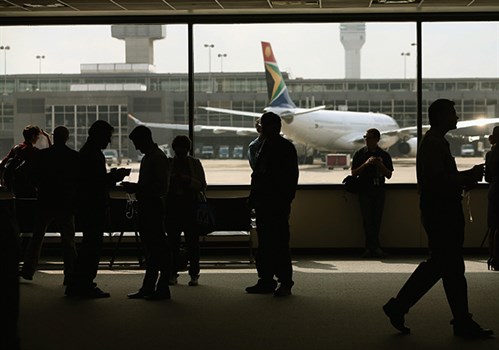If possible, travel from the United States to West Africa (Guinea, Liberia, Sierra Leone) should be avoided.
As a result of intense public pressure to do something, United States Customs and Border Protection will begin screening airline passengers arriving at five U.S. airports from the three West African hot-spot countries. The participating airports include:
- New York’s John F. Kennedy International Airport
- New Jersey’s Newark International Airport
- Washington’s Dulles International Airport
- Chicago’s O’Hare International Airport
- Atlanta’s Hartsfield-Jackson International Airport
These five airports receive 94% of the travelers from the three West African countries; this amounts to approximately 150 travelers per day. Travelers from West Africa will be taken aside at the five airports to have their temperature taken using a noncontact thermometer. In addition, travelers will face questions about their health and possible exposure to Ebola. If a traveler has symptoms, he or she will be evaluated by a Centers for Disease Control and Prevention quarantine officer and possibly be referred to other health authorities. Travelers without symptoms will be asked to complete a daily temperature log for 21 days and asked to provide contact information.
The effectiveness of this screening method remains to be seen. Thomas Eric Duncan, the first confirmed case of an Ebola infection in which the symptoms began while in the United States, did not have a fever when he arrived in the United States from Liberia on September 20, 2014. Furthermore, fear of quarantine may lead travelers to be less than truthful when completing paperwork and when speaking to United States Government authority figures.


